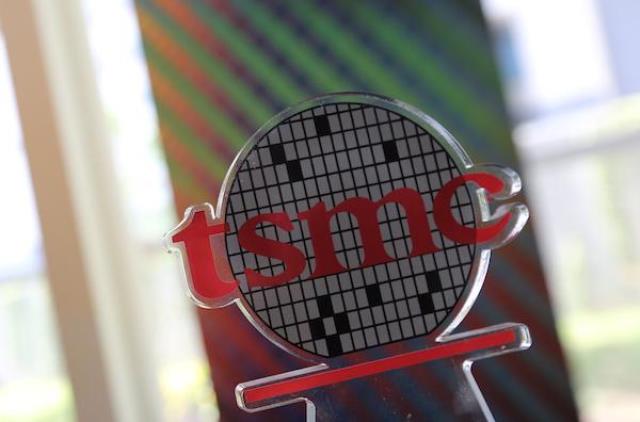TSMC may face a penalty exceeding $1 billion due to a U.S. export control investigation involving a chip used in Huawei’s Ascend 910B AI processor, Reuters news report said.

The U.S. Commerce Department is investigating TSMC’s work for China-based Sophgo, whose chip design matched Huawei’s processor.
TSMC reportedly produced nearly 3 million such chips, raising concerns of unauthorized supply to Huawei.
U.S. export control rules allow fines of up to twice the value of transactions that violated regulations.
TSMC’s use of U.S. technology in its equipment places its Taiwan operations under U.S. export control jurisdiction.
TSMC’s shares dropped after the news broke, reversing earlier gains.
The issue comes as U.S.-Taiwan trade relations face new tensions following Donald Trump’s 32 percent tariffs on Taipei exports, though chips are currently excluded.
TSMC recently announced a $100 billion U.S. investment, including five new chip facilities.
The U.S. has signaled plans to increase enforcement and fines for export violations, with TSMC’s case under close scrutiny.
The Commerce Department and TSMC have both acknowledged ongoing cooperation, with TSMC affirming it hasn’t supplied Huawei since September 2020.
Taiwan’s Economy Minister stated no official notification about the fine has been received.
TSMC halted shipments to Sophgo following a TechInsights report linking its chip to Huawei’s 910B processor.
In January, Sophgo was added to the U.S. restricted trade list alongside Huawei.
Huawei’s Ascend 910B is considered China’s most advanced AI chip, seen as a domestic alternative to Nvidia’s offerings.
TelecomLead.com News Desk
